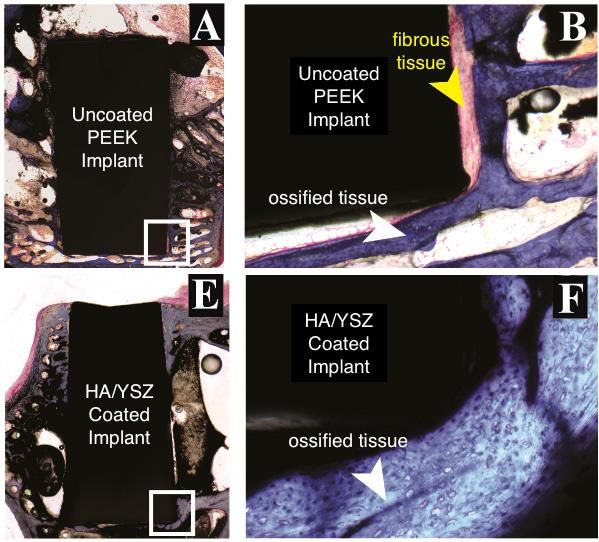Israeli-American scientist wins 2016 Eppendorf & Science Prize
The Israeli-American scientist Gilad Evrony, M.D., Ph.D. has won the 2016 Eppendorf & Science Prize for Neurobiology for his work on developing technologies to sequence and analyse the genomes of single cells from the human brain.
Dr. Evrony’s research, performed at Boston Children's Hospital and Harvard Medical School with Dr. Christopher Walsh and colleagues, has revealed a diversity of mutations in neuronal genomes indicating that every neuron in the brain carries a unique fingerprint of somatic mutations. Such mutations can cause focal brain malformations and may have a role in other unsolved neurologic diseases. The technology also allows, for the first time, reconstruction of developmental lineage trees in the human brain to study how cells proliferate and migrate to build the brain.
Gilad Evrony received his undergraduate degree from the Massachusetts Institute of Technology. He served in the Intelligence Division of the Israel Defense Forces and completed an M.D. and Ph.D. at Harvard Medical School, with graduate research in the laboratory of Dr. Christopher Walsh at Boston Children's Hospital. Dr. Evrony is currently pursuing clinical training in pediatrics at Mount Sinai Hospital in New York and continuing his research developing novel technologies for studying the brain and neuropsychiatric diseases.
The annual US$25,000 Eppendorf & Science Prize for Neurobiology honors scientists, like Dr. Evrony, for their ground-breaking research. Gilad Evrony is the 15th recipient of this international award which is awarded jointly by Eppendorf and the journal Science. Researchers who are not older than 35 years and have made outstanding contributions to neurobiological research based on methods of molecular and cell biology are invited to apply. The next deadline for applications is June 15, 2017.
Most read news
Other news from the department people

Get the life science industry in your inbox
By submitting this form you agree that LUMITOS AG will send you the newsletter(s) selected above by email. Your data will not be passed on to third parties. Your data will be stored and processed in accordance with our data protection regulations. LUMITOS may contact you by email for the purpose of advertising or market and opinion surveys. You can revoke your consent at any time without giving reasons to LUMITOS AG, Ernst-Augustin-Str. 2, 12489 Berlin, Germany or by e-mail at revoke@lumitos.com with effect for the future. In addition, each email contains a link to unsubscribe from the corresponding newsletter.
More news from our other portals
Last viewed contents






















































